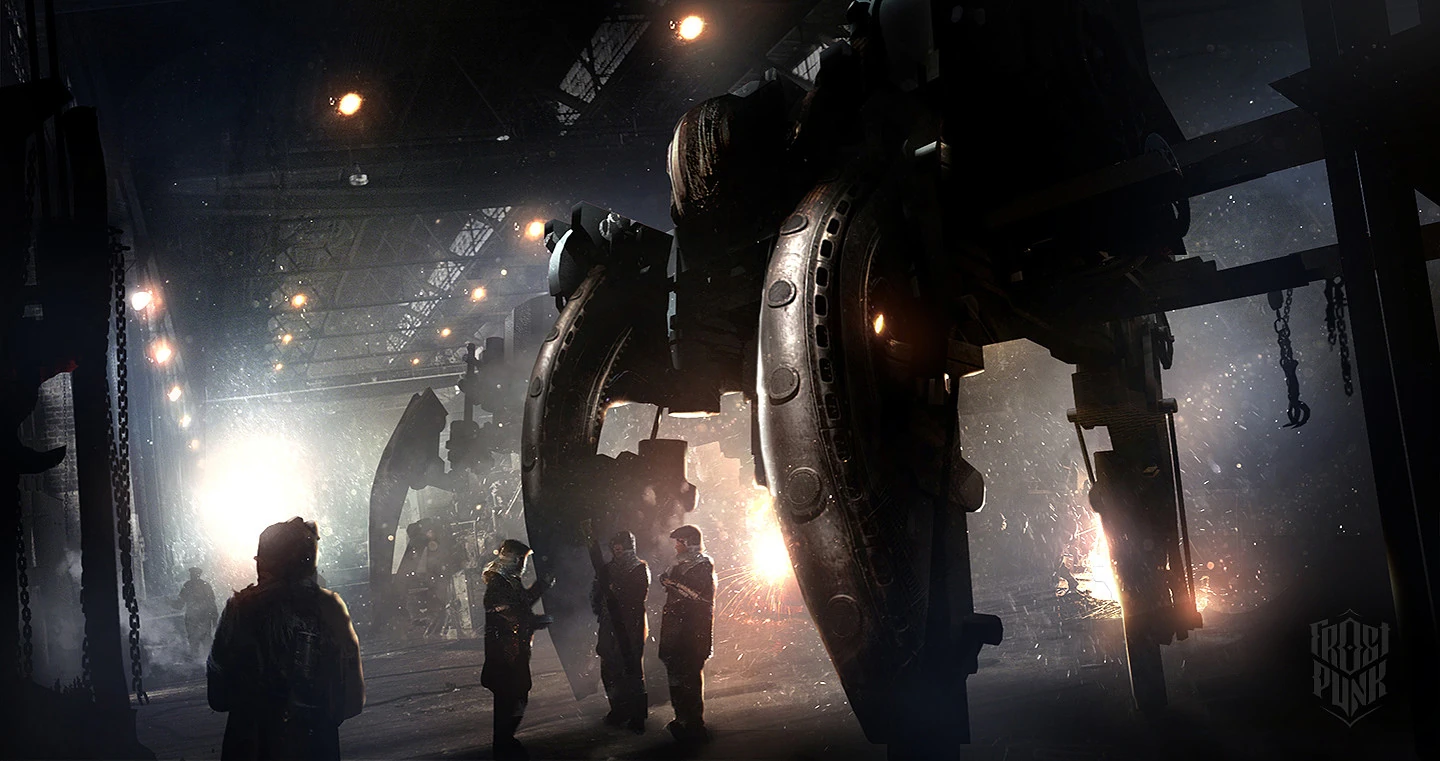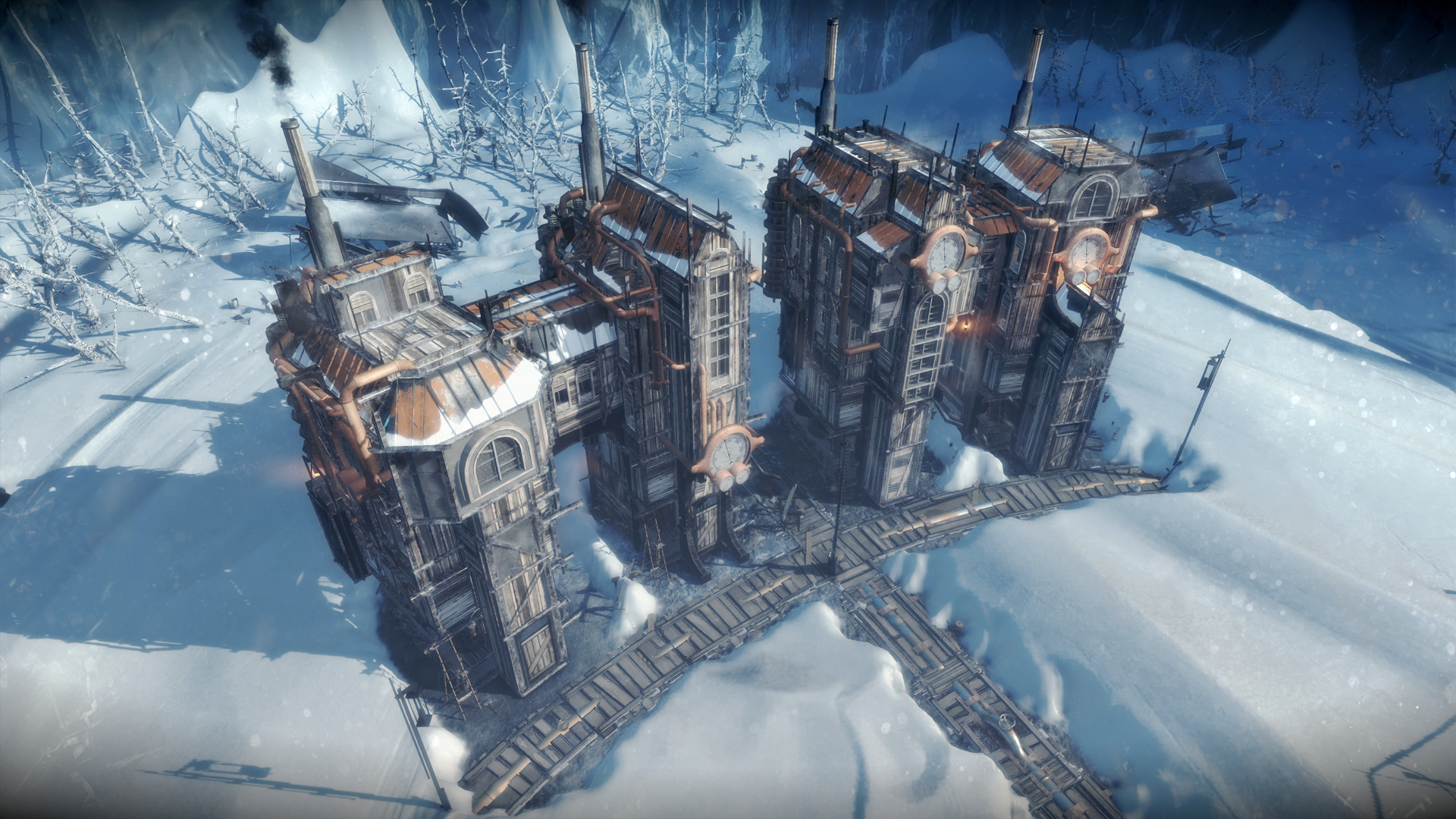

On Day 43, after the death and funeral of Gideon Fleet, hero of New London, the snowstorm reaches its apex. Many games are ripe for analysis from a perspective of disability, but few engage with it. I want complexities.Įven better, I want more games than Frostpunk to do this, so all the burden isn’t placed on one work that someone else with my same experiences might feel totally different about. I want story events where civilians reject prosthetic limbs, where they break and malfunction, where their experiences with illness and disability are as disparate as our own. I want a scenario where the explicit goal is to build a frozen utopia of automated physical labor and palliative care. Cherry Thompson, accessibility advocate, described how few of the booths were wheelchair accessible. The convention set up the game kiosks in a neat row, like a bar, with a single chair for players, and no chance of accomodating a developer who can't stand. Even in a world so cold a person can freeze to death while standing next to an enormous generator, Frostpunk still leaves support structures for people with disabilities on the table.Īt the Game Developers Conference, a game I wrote for received an award nomination, and I was excited to work at the booth. In another session, the gravely ill rested in chilly carehouses while great steam automatons mined coal for their furnaces. There's other ways Frostpunk would have let me build New London, other visions. The anger of protestors can only be calmed with infirmaries or prisons. Discontent can be balanced through two core methods: the hard, slow work of building public institutions that support the marginalized, or through lies and fascistic oppression.

What my senator doesn’t understand about our anger, Frostpunk understands through its mechanics.


 0 kommentar(er)
0 kommentar(er)
